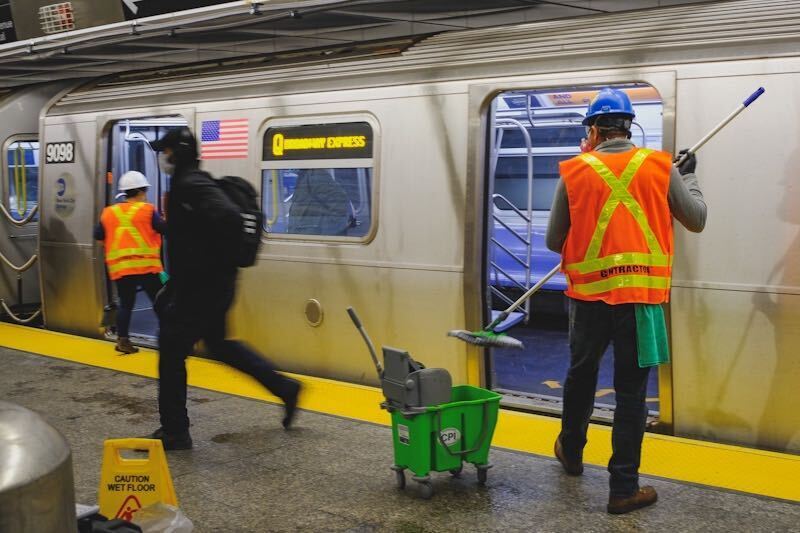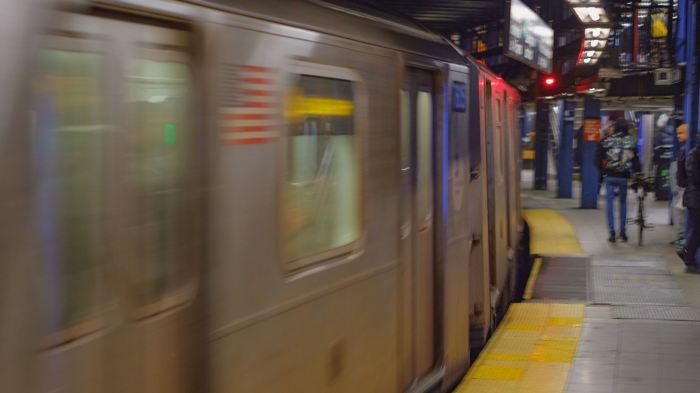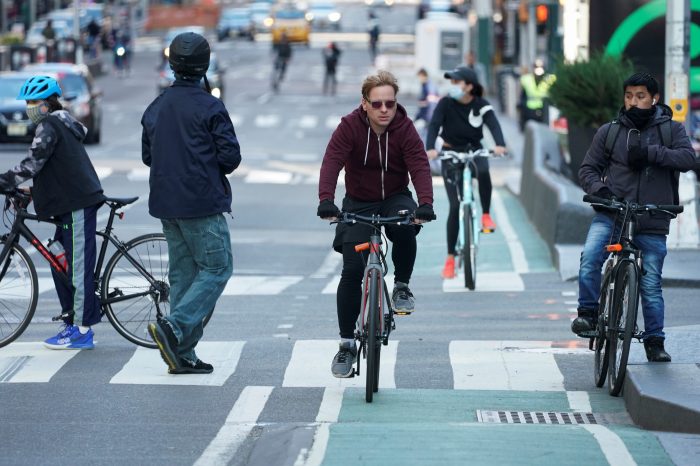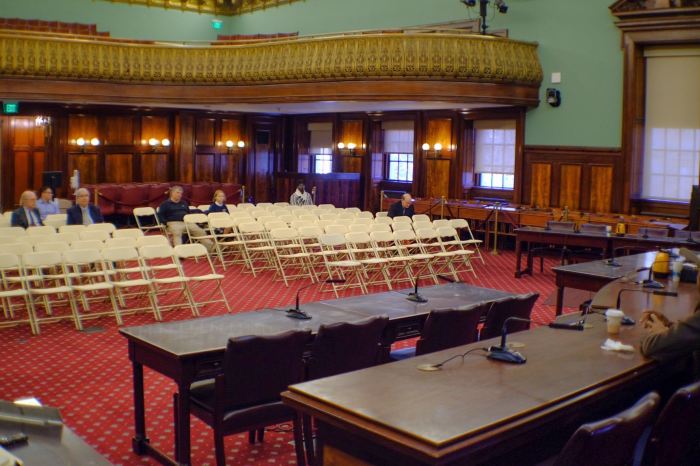Over two-thirds of New Yorkers polled in a recent survey are in favor of New York City’s subways opening up 24/7 after almost year of overnight shutdowns — and no inkling from Governor Andrew Cuomo of when all-day service will return.
Announced in April 2020 and officially shutdown between the hours of 1 and 5 a.m. on May 6, the new survey of likely voters in the upcoming Democratic primary, conducted by Data for Progress, shows very little support for keeping overnight service suspensions despite the hours of the nightly closure being reduced to running from 2 to 4 a.m.
“New Yorkers resoundingly want 24/7 subway service back now,” Riders Alliance Policy Director Danny Pearlstein said. “Our city cannot reopen and recover without it. Governor Cuomo must let us ride ’round the clock, find homeless riders decent places to live, and stop exploiting immigrant workers for hygiene theater.”
Only 11% of people polled do not want to see a 24-hour return and 3% are strongly against keeping the shutdowns in place. Governor Cuomo has stated 24-hour service would come back upon the official end to the health emergency, leaving advocates on edge about whether or not around-the-clock service would return at all.
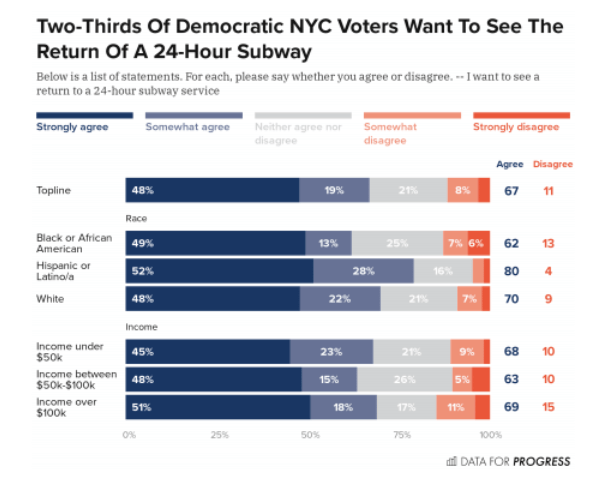
“We look forward to reviewing this polling data – in the meantime we’re serving riders 22 hours per day and look forward to serving them for the remaining two hours when we complete our phased reopening which began in February,” MTA spokesman Shams Tarek said.
The term “hygiene theater” has been use to some degree after Councilman Brad Lander blasted MTA Chairman Pat Foye and interim New York City Transit President Sarah Feinberg during a City Council hearing on the matter of the overnight closures in February.
“I don’t think it’s the real answer, I believe that you’re engaged in hygiene theater, I think it’s a cynical approach, the science would support reopening the subways overnight in a way that was safe, and if you helped communicate to riders so they understood it was safe, it would work,” Brooklyn Councilman Brad Lander said at the time. “Let’s get serious about ending homelessness, let’s get serious about keeping our subways safe and clean.”
The MTA’s decision to close the subways overnight for deep cleaning was in response to a disproportionate number of deaths among transit workers to COVID-19 which quickly grabbed public attention April.
The state’s reaction was intense cleaning efforts on trains and in stations while municipal workers and cops guided homeless people out of the system and offered services.



